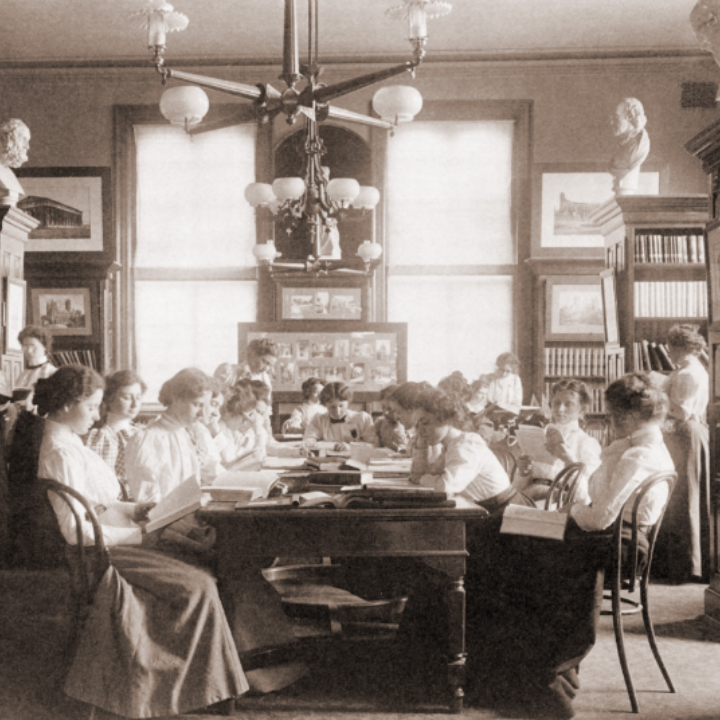
Literature and Writings
A key premise of feminist literary criticism is that gender and sexuality play a significant part in determining how texts were and are written, distributed, and received, and, in turn, that literary texts have shaped, and continue to shape, our understanding of gender and sexual identity. With this in mind, contemporary debate about the role and status of women, and more broadly the relation of gender and power, has naturally drawn on earlier writing, both by women and about women. Over the past half-century in particular, new readings of canonical authors, and the recovery of lost or marginalized texts and voices, have enabled fuller and more nuanced historical accounts of women’s experience of motherhood and child-rearing, education, religious belief and practice, courtship and marriage, friendship, sexuality, work in and outside the home, political and philanthropic activity, and the impact on all of these of class, cultural, and racial difference. At the same time, these categories, reflecting as they do received ideas about gender, family, and the distinction between the private and the public sphere, have themselves been called into question.
The record provided by fiction has been especially rich. To represent men and women both in relation to each other, and in their engagement with specific historical conditions, has been the leading project of the novel over the past three centuries. Whether read as the creation of a unique individual voice, or in post-structuralist terms as a tissue of quotations drawn from diverse centres of culture, the work of the novelists has made possible the scholarly reconstruction of women’s changing physical, social, and cultural experience: how women have lived, how they have been seen by others, how they have been led to define themselves—and, crucially, how they might contest those definitions, and find new ways to live.
Feminist readings, whether of novels, poetry, and drama, or of less formal kinds of writing, from letters and diaries to cookery books, have properly been informed by the needs and interests of contemporary feminism, but at the same time they have sought to explore the relation between the work and the society in which it was produced. Here the reclamation of forgotten voices, in addition to those writers who have been accorded canonical status (Austen, the Brontës, George Eliot, Woolf), has been of particular value in making visible an ongoing female tradition, in which women writers can be seen in implicit conversation with each other. The examination of that tradition—the subject-matter, styles, structures, themes, and genres of writing by women—remains central to larger questions about the evolution of women’s self-awareness within the framework of society, and the power of literature not only to reflect but also to influence the social, economic and political conditions of women’s lives.
This section includes examples of women’s distinctive contribution to literature and writing across the long nineteenth century, from Mary Wollstonecraft and Fanny Burney to Netta Syrett, with particular attention to Gothic fiction, the ‘sensation novel’, and late Victorian New Women fiction, as well as a range of travel writing, polemic and journalism. It also includes major studies of Victorian women’s fiction by Margaret Beetham, Shirley Foster, Dorothea Barrett and others, and the influential edited collection by Mary Jacobus on Women Writing and Writing about Women.